
In this overview, beneficiaries of IIIM support share their perspectives on the value of the Mechanism’s work.

Munich Conference 2025
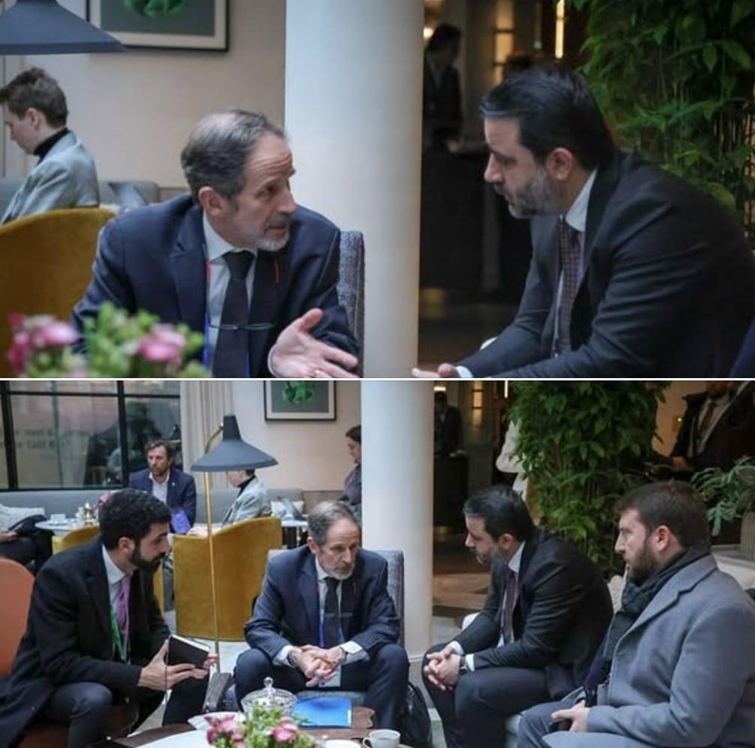

At the Munich Security Conference, IIIM Head, Robert Petit met with Mr Asaad al-Shaibani, Syria’s Caretaker Foreign Minister. Mr. Petit discussed how the IIIM could now conduct its activities in Syria and the opportunities for justice since the fall of the Assad regime.
Mr. Petit also participated in a side-event on Durable Peace and the importance of Women, Peace and Security. Citing the IIIM’s thematic strategies, Mr Petit reaffirmed the Mechanism’s commitment to ensuring it’s work integrates the voices of victims/survivor and continues to be proactive in ensuring in being fully representative of all groups and communities impacted by crimes committed in Syria since 2011.

‘Time is of the essence’ to preserve evidence of Assad regime crimes, top UN official says


In an exclusive interview with The National, Robert Petit, who heads the UN’s International Impartial and Independent Mechanism, underscored the importance of safeguarding records from former president Bashar Al Assad’s prisons, which document the fate of thousands of disappeared people and identify perpetrators of the regime’s crimes.
Read the full article here
IIIM’s landmark visit to Syria


In December 2024, the IIIM traveled to Syria for the first time since the establishment of its mandate. This significant milestone reflects the willingness of the new authorities to engage with the IIIM’s justice and accountability work.
With the end of Assad’s regime, new evidence of the many violations and crimes has now become accessible. The IIIM stands ready to bring its expertise and resources to ensure that this evidence is preserved and used to support justice opportunities for Syria’s countless victims and survivors.
IIIM Head discusses the future of accountability in Syria with Al-Arabiya
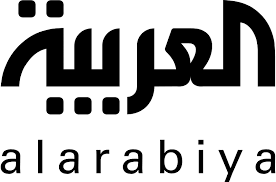

“Victims never forget. They always want some form of recognition…some form of accountability, some form of justice. It can take many different ways, and it can take decades, but Syrians are among the most resilient, engaged and determined people that I’ve worked with. And I firmly believe that there will be accountability.”
IIIM Head, Robert Petit and Talal Al-Haj discuss the future of accountability in Syria on Al Arabiya News Channel – watch the full interview below.
Time is running out to secure evidence in Syria, says Quebec lawyer


The fall of Bashar al-Assad’s Syrian government presents an unprecedented opportunity to gather evidence on crimes committed during the civil war.
Read the full article here

©Fabrice Coffrini Agence France-Presse
EU Parliament Subcommittee on Human Rights
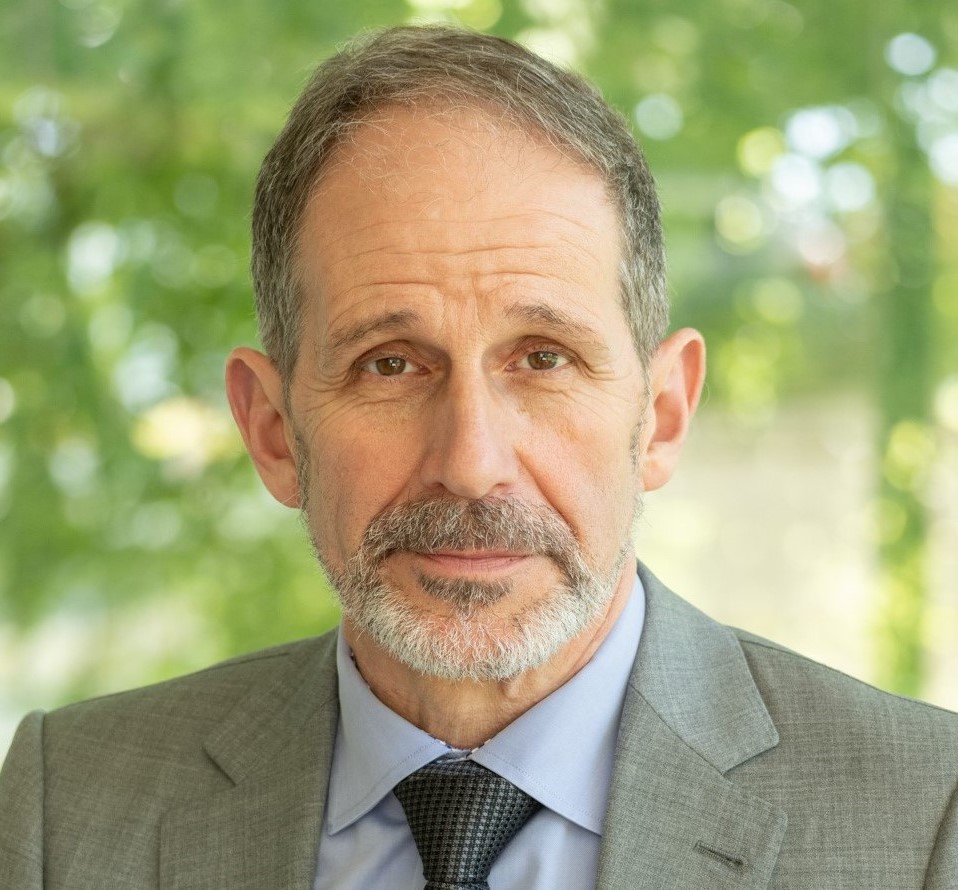

Brussels, January 28 – Robert Petit, Head of the IIIM, participated in a panel discussion organized by the European Parliament, titled “Exchange of Views on Truth, Justice, and Accountability in Syria.”
During the session, Mr. Petit stressed the importance of Syrians defining what justice will look like for them. He also highlighted the critical role the EU plays providing support in Syria.
© European Union, 2025
Watch the full video here.
‘We have the case files, we have the evidence’: Head of UN Mechanism on Syria war crimes
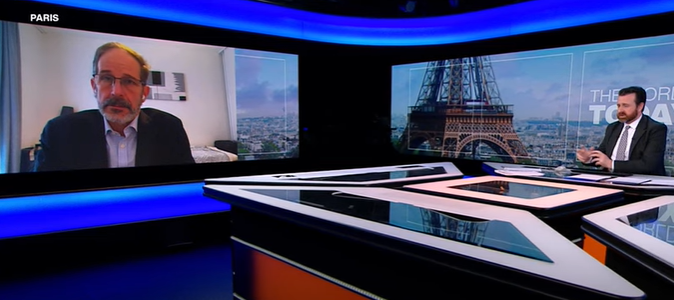

Earlier today, the IIIM Head Robert Petit spoke to France 24 about the IIIM response to the new justice opportunities in Syria. When asked about the impact of the regime fall on IIIM’s work, Robert Petit, said “it has potentially opened up a source of evidence against the regime and its allies that was here to fore not available. It has led to hope that accountability for crimes committed in Syria since March 2011 is now within reach”.
Watch the full interview with France 24 here: We have the case files, we have the evidence’: Head of UN Mechanism on Syria war crimes – Perspective

Will those responsible for atrocities in Syria finally face justice?
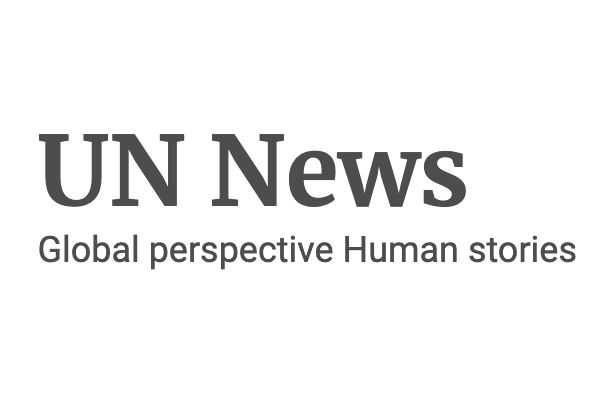

UN News interviewed Mr. Petit from his offices in Geneva and began by asking him to describe the reactions of the Syrians he met during his visit.
Read the full interview here
Will those responsible for atrocities in Syria finally face justice?
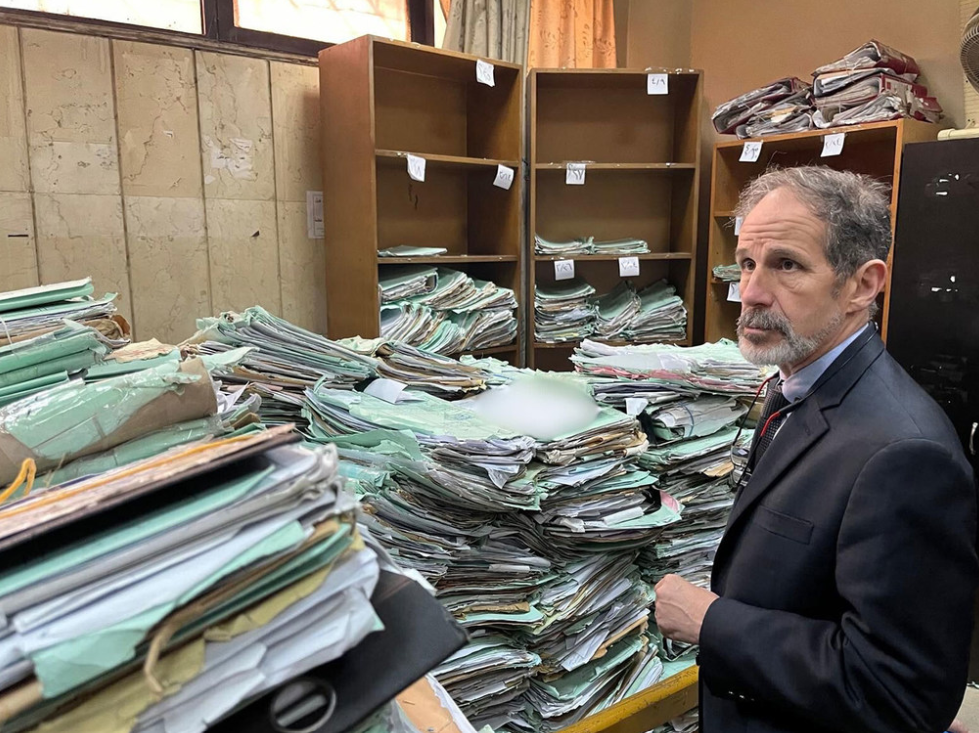

For years, UN human rights bodies have been documenting, monitoring and publishing reports on abuses, and bringing Syria’s dire human rights record to the world’s attention.
The fall of Bashar al Assad in December 2024 was largely greeted with euphoria by the Syrian people, but images of hundreds of people pouring into the notorious Sednaya Prison, desperately searching for friends or relatives, and testimony from former prisoners, recounting the sadism and torture they endured, was a vivid reminder of the atrocities committed under the former regime.

Since 2016, the International Impartial and Independent Mechanism (IIIM), has been amassing a vast collection of evidence, aiming to ensure that those responsible are eventually held accountable.
In the eight years since, consistently denied access to Syria, they have had to work from outside the country.
However, everything changed after the rapid collapse of the regime. Just days later the head of the IIIM, Robert Petit, was able to travel to Syria where he met members of the de facto authorities. During this historic visit, he made a point of emphasizing the importance of preserving evidence before it’s lost forever.
UN News interviewed Mr. Petit from his offices in Geneva and began by asking him to describe the reactions of the Syrians he met during his visit.
Read the full article here
